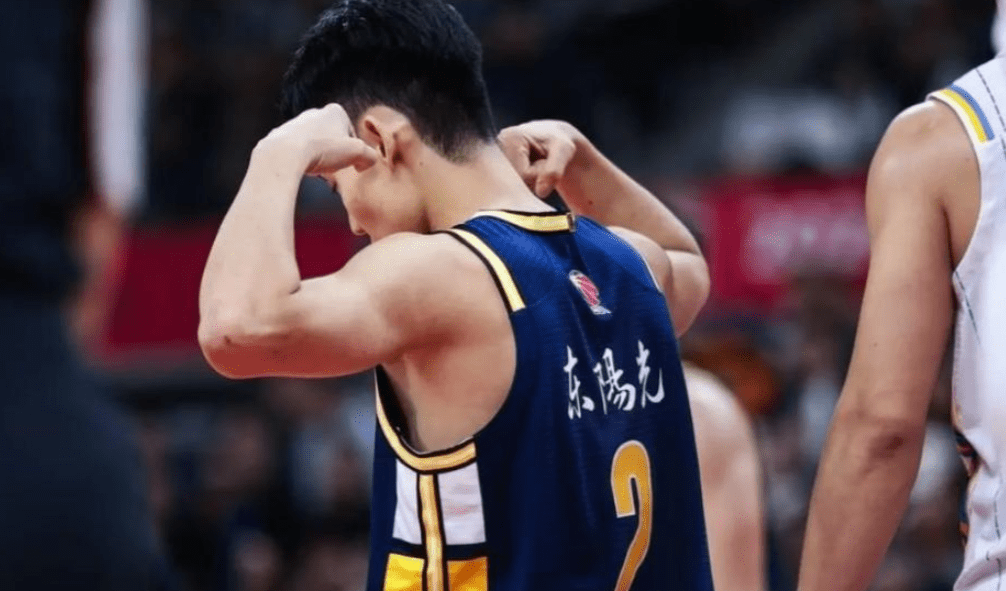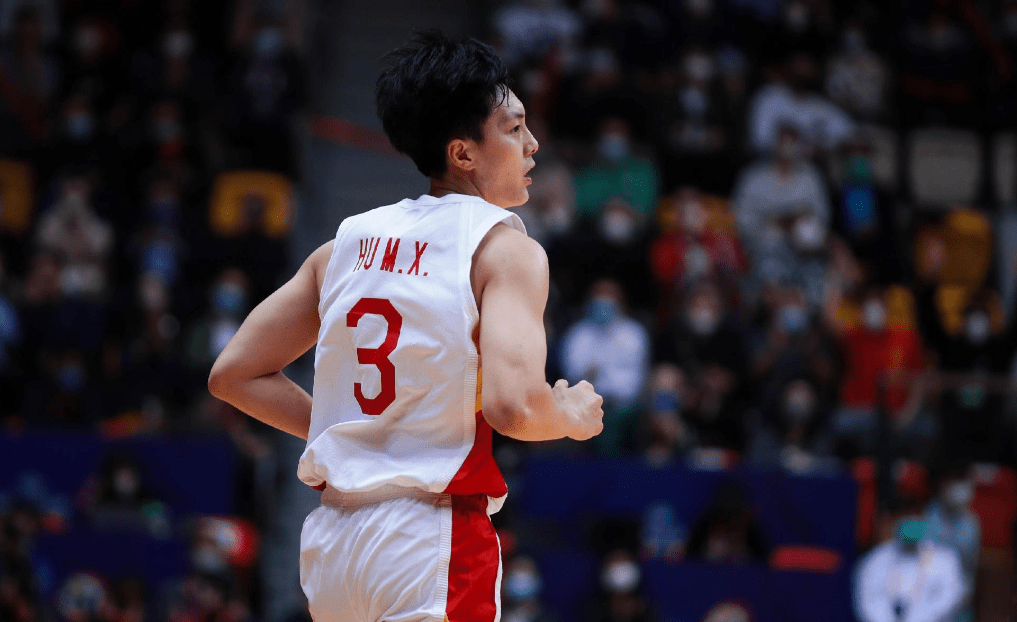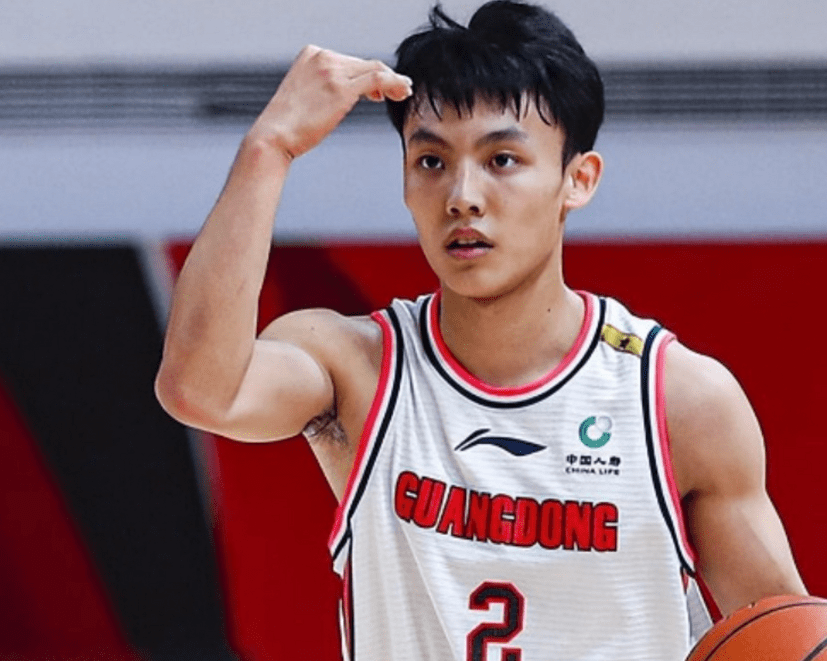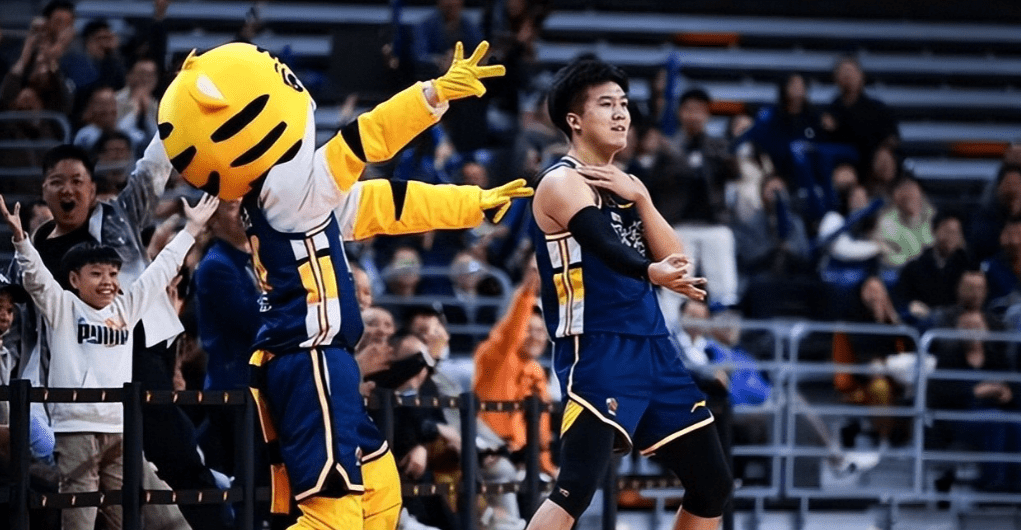Guangdong Team's backcourt is "on the brink," who will step up? Guangdong Team's backcourt has never been as stretched as this season: Hu Mingxuan sits on the sidelines with an injury that has not yet healed, small foreign aid Les was directly excluded from the list, Xu Jie gritted his teeth to support a long average playing time of 36.4 minutes. What's worse, the league is in full swing, and other teams' small foreign aids are more reliable than each other, while Guangdong Team can only make do with double guards from local resources. Is this the hidden danger left by the Guangdong dynasty finally showing itself, or are they brewing a brilliant adjustment that makes people clap their hands in admiration? Crises often contain opportunities, but whether they can be seized depends on the next move.

Speaking of the nightmare of Guangdong Team's backcourt, it starts with Hu Mingxuan's injury. This local core, whose average score and efficiency are better than Xu Jie, is known as the "backbone" of the team's backcourt. His three-point shooting percentage is close to 40%, not only an important piece for Guangdong to open up the defense, but also a good hand for the team to play fast transitions. And his sudden absence equals the loss of two major functions for Guangdong, the "output turret" and the "rhythm engine." The team had to let Xu Jie, who should have "shared the burden," take on the heavy beam, resulting in pressure rising rapidly, and the backcourt balance tilted overnight.

Don't underestimate the impact of Hu Mingxuan's absence on the whole team. As the saying goes, it's hard enough to lose a finger, let alone the "right arm and left arm." The game content directly proves this point, with Guangdong being repeatedly broken through by opponents in recent games, leaving Xu Jie alone unable to cope. More importantly, this gap has caused a "chain explosion" in Guangdong's overall tactics. No one organizes, no one runs positions, and the game is like a pot of soup without proper seasoning, unable to emit its original "champion fragrance."

This season, Guangdong Team tried to introduce small foreign aid Les to save the situation, unfortunately, this promising foreign aid became a "behind-the-scenes hero," completely unable to keep up with the team's rhythm, just like a tiger with smaller teeth, losing its biting power. In the end, Les was directly excluded from the list, failing to alleviate Xu Jie's playing pressure.

The problem is that Guangdong Team is not the first time to encounter such foreign aid issues. Looking back slightly, you can find that in recent years, their operations in choosing foreign aid have always been "not stable enough." It's true that the team relies on the glory of local core history, but as the league becomes more competitive, relying solely on local resources after the season drags on into a "marathon" has become less capable. And the failure of foreign aid has also inadvertently increased the psychological and physical burden on players, especially when local "pillars" like Hu Mingxuan get injured, the consequences will be even more obvious.

Comparing with other top teams in the league, such as Liaoning Team, which has a small foreign aid Ferg who fights to catch up; Xinjiang Team also has an agile Jackson. Guangdong Team is stuck in the vicious circle of "unable to find good foreign aid." Isn't it? Now above this eight-time champion, there are shadows of "local + bleak foreign aid," where is the advantage?

This season's Guangdong Team, Xu Jie indeed has a "fearless young bull" momentum. With an average playing time of 36.4 minutes, the young player has used a performance akin to "拼命三郎" to fill the presence. To organize, to score, to control the rhythm—such versatility is not something everyone can handle. And what makes fans feel distressed is that his offensive efficiency has not improved due to prolonged battles. The data is impressive, but the state is gradually declining.
As we all know, the game is not a scratch-off lottery, where one stroke of luck can solve the problem. Now Xu Jie is bearing both pressure and huge physical and mental consumption while holding up under pressure. High-intensity playing time continues one after another, which is a "double-edged sword" for a young player like him. If the team cannot relieve his pressure in time, no one can guarantee that maintaining high standards for a long time will not drag down his growth instead—this is what Guangdong Team needs to be wary of.
In such chaos, one of the good news for Guangdong Team is undoubtedly the return of Ye En. As a well-known sports rehabilitation teacher, Ye En has helped players recover their competitive form many times during Guangdong's three consecutive championships. If a team's performance on the court relies on stars and coaches, then the "external competition" of the game is something that the behind-the-scenes support team like Ye En has contributed greatly to. Returning to the main story, Ye En's core task this time is to help Hu Mingxuan extricate himself from the quagmire of injury. Guangdong Team clearly has high expectations for Hu Mingxuan's comeback, after all, his presence not only means an improvement in scoring ability but also makes the whole team run smoother.
However, recovery does not miraculously happen according to the schedule. When exactly can Hu Mingxuan return at full speed, remains to be observed. If he cannot fully recover his previous state, Guangdong's "gap tactic" will still be a tough battle.
Looking at the entire CBA from the crisis of Guangdong Team's backcourt, it is not difficult to find that their situation is not accidental. Excellent foreign aid cooperating with local players and a healthy balanced lineup are now becoming basic conditions for league competition. The relatively complete configuration of other strong teams' backcourts makes Guangdong Team's plight even more noticeable. This is not a problem of a single season, but an example of accumulated mistakes exploding this season.
In the future, Guangdong Team must be more cautious in choosing foreign aid. Accumulated mistakes have made the local system of the team like an exhausted old horse, urgently needing to introduce "reliable foreign aid" for necessary adjustments.
Xu Jie is just an immature "young chess piece," Hu Mingxuan's recovery cannot be rushed, and the blank of foreign aid must be filled as soon as possible. The current dilemma may force Guangdong Team to try more new things, but it also reminds them that no matter how strong the bottom card of the dynasty is, it also needs to constantly update the rear power. Ending the "slack period" in tactics, relying solely on hard work is definitely not enough, it also requires changing strategies. As for the outcome, we can only wait and see Guangdong Team's subsequent actions.